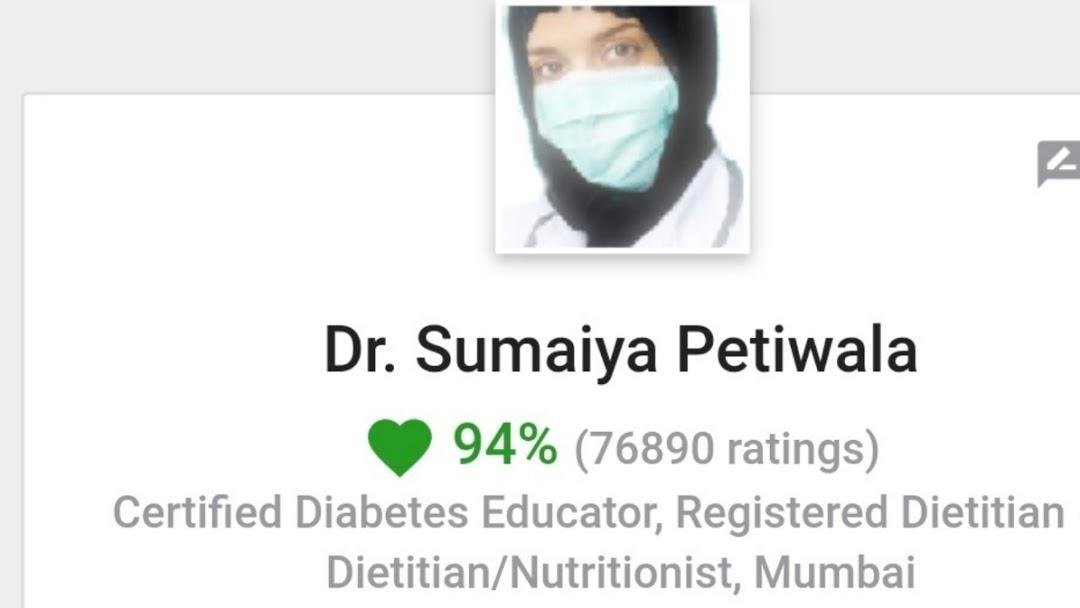In Islam, health is considered a great blessing from Allah Subhanahu wa ta’ala and a trust (Amanah) that must be preserved. The Quran and Hadith emphasize the importance of maintaining physical, mental, and spiritual well-being. Here are some key reasons why being healthy is essential in Islam:
The Prophet Muhammad (ﷺ) said:نِعْمَتَانِ مَغْبُونٌ فِيهِمَا كَثِيرٌ مِنَ النَّاسِ، الصِّحَّةُ وَالْفَرَاغُ ”
“There are two blessings which many people waste: health and free time.” (Bukhari 6412)
This Hadith highlights that good health is a valuable gift which Allah SWT originally gave us that should not be taken for granted and should be maintained and if it is destroyed, should be tried to restore.
It’s fard on every Muslim to take care of his/her health (Alquran 2:195)
The human body is a trust from Allah, and we are responsible for taking care of it. The Quran states:
“And do not throw yourselves into destruction with your own hands. And do good; indeed, Allah loves the doers of good.” (Quran 2:195)
Good health enables a Muslim to perform acts of worship effectively, such as:
Salah (prayer): Requires physical strength, especially for standing, bowing, and prostrating.
Fasting (Sawm): A healthy body can fast during Ramadan without extreme hardship and perform the acts of worship efficiently.
Hajj & Umrah: Pilgrimage requires physical endurance.
Prophet Muhammad’s (ﷺ) Teachings on Health
The Prophet (ﷺ) promoted a balanced lifestyle, stating:
“a few mouthfuls are sufficient for the son of Adam to lead a healthy life, but if a person’s desire for food overwhelms him or her, then he should assign a third of his stomach for food, a third for drink, and leave a third empty for breath. [Abu Daawood, At-Tirmithi, An-Nasaa’i and Al-Haakim: Saheeh]
He encouraged Moderate eating: “I heard the Messenger of Allah (ﷺ) say: ‘A human being fills no worse vessel than his stomach. It is sufficient for a human being to eat a few mouthfuls to keep his spine straight. But if he must (fill it), then one third of food, one third for drink and one third for air.’(Ibn Majah 3349)
Exercise: The Prophet (ﷺ) engaged in walking, wrestling, and horse riding. He said
الْمُؤْمِنُ الْقَوِيُّ خَيْرٌ وَأَحَبُّ إِلَى اللَّهِ مِنَ الْمُؤْمِنِ الضَّعِيفِ وَفِي كُلٍّ خَيْرٌ
A strong believer is better and is more lovable to Allah than a weak believer, and there is good in everyone, sahih Muslim 2664
Healthy eating Prevents premature death due to diseases, thus providing more time/age for more Ibaadah.
Healthy muslim can perform his/her acts of worship properly and with more focus as compared to the otherwise.
Hygiene: Islam emphasizes cleanliness, as seen in daily Wudu (ablution) and regular bathing.
Mental & Emotional Well-Being
Islam promotes mental peace through:
Tawakkul (Trust in Allah): Reduces stress and anxiety.
Dhikr (Remembrance of Allah): Provides tranquility (Quran 13:28).
Avoidance of harmful emotions: Islam discourages anger and jealousy, which can harm mental health.
Conclusion
Being healthy in Islam is not just about avoiding illness but about living a balanced and productive life to fulfill religious and worldly responsibilities. A proper diet, regular physical activity, mental well-being, and spiritual peace all contribute to holistic health.


